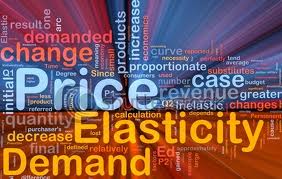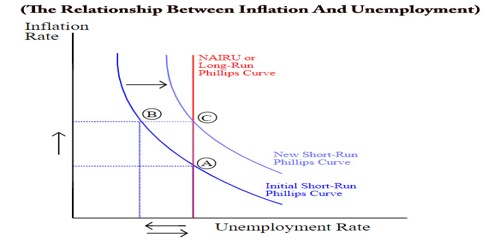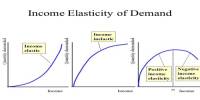Demand means to “ask for urgently.” That said, the concept of demand takes on a very particular, and somewhat different, meaning in economics.Demand for a commodity refers to the quantity of the commodity that people are willing to purchase at a specific price per unit of time, other factors (such as price of related goods, income, tastes and preferences, advertising, etc) being constant. Demand includes the desire to buy the commodity accompanied by the willingness to buy it and sufficient purchasing power to purchase it. For instance-Everyone might have willingness to buy “Mercedes-S class” but only a few have the ability to pay for it. Thus, everyone cannot be said to have a demand for the car “Mercedes-s Class”.
Demand may arise from individuals, household and market. When goods are demanded by individuals (for instance-clothes, shoes), it is called as individual demand. Goods demanded by household constitute household demand (for instance-demand for house, washing machine). Demand for a commodity by all individuals/households in the market in total constitute market demand.
Let’s examine each of these requirements in turn:
- Willing to purchase: Being willing to purchase simply means that one likes an item enough to want to buy it, and this is usually what people think of when they encounter the concept of demand. However, it’s important to remember that, while it’s good to want things, desire to purchase is not the only requirement for economic demand.
- Able to purchase: Wanting to purchase an item doesn’t mean a whole lot if one doesn’t have the means to make the transaction happen. Therefore, ability to purchase is another important factor of demand. Economists don’t specify how an individual must be able to pay for an item- she can pay with cash, check, credit card, money borrowed from friends or taken from the piggy bank, etc.
- Ready to purchase: Demand is, by its nature, a current quantity, so an individual is only said to demand something if she is willing and able to purchase it now as opposed to some point in the future.
















